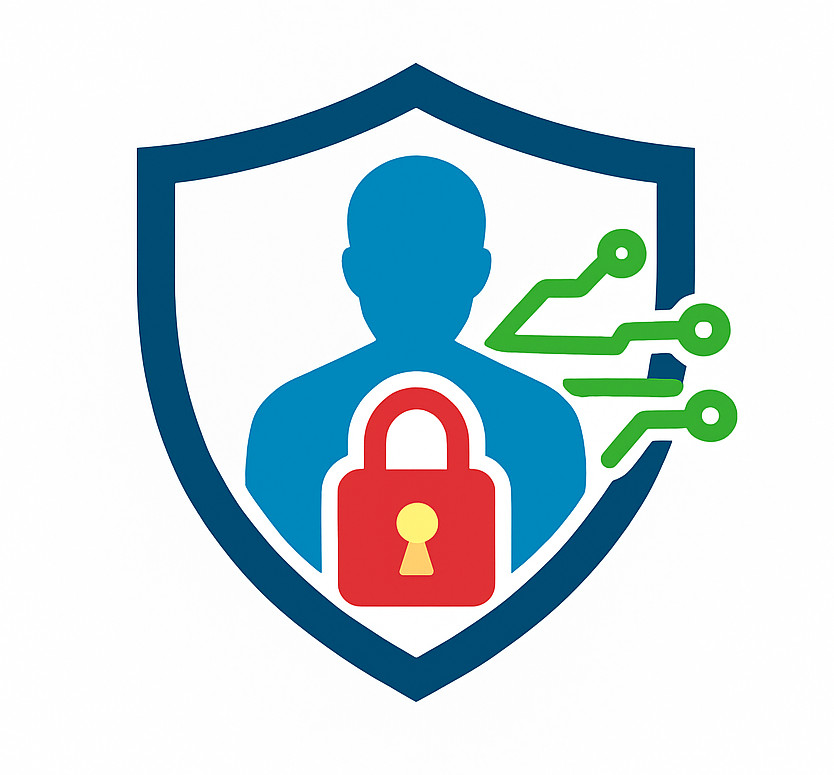What is a Digital Legacy?
Your digital legacy encompasses everything you own, create, or store in the digital world—from your email accounts and social media profiles to your online banking, digital photos, and subscription services. It includes not just the content itself, but also the access credentials, security settings, and legal permissions that control what happens to these digital assets when you’re no longer able to manage them yourself.
Unlike physical possessions that can be easily identified and distributed according to your will, digital assets exist in a complex web of passwords, security questions, and terms of service agreements that most people never fully consider. Your digital legacy might include decades of family photos stored in cloud services, important financial documents saved on your computer, or even cryptocurrency investments that could be worth significant money.
Why Your Digital Legacy Matters More Than You Think
Many people assume their digital accounts will simply disappear or that family members can easily access them when needed, but the reality is far more complicated. Your digital legacy represents both valuable assets and important memories that could be lost forever without proper planning. Consider that your smartphone alone might contain thousands of irreplaceable family photos, important contact information, and access to dozens of accounts that manage everything from your utilities to your healthcare.
Beyond sentimental value, there are significant practical and financial implications. Your digital accounts might contain automatic bill payments that continue charging your estate, subscription services that rack up fees, or investment accounts that family members don’t even know exist. Without proper preparation, your loved ones might face months of frustration trying to access accounts, cancel services, or recover precious memories, all while dealing with their grief.
Hidden Complexities That Catch Families Off Guard
Most people don’t realize that major tech companies have strict policies about posthumous account access that can make it nearly impossible for family members to retrieve important information. For example, many email providers will permanently delete accounts after a period of inactivity, taking with them years of correspondence and potentially important documents. Social media platforms might memorialize accounts but prevent access to private messages or stored photos.
Two-factor authentication, while excellent for security, can create unexpected barriers when it’s tied to a phone number or device that becomes inaccessible. Your family might know your email password but be unable to log in because they can’t receive the security code sent to your phone. Similarly, password managers—while highly recommended for security—become digital vaults that are impossible to open without the master key.
Financial institutions are particularly challenging because they’re bound by strict privacy laws and typically won’t grant access without proper legal documentation, which can be time-consuming and expensive to obtain. Meanwhile, automatic payments continue, cryptocurrency wallets remain locked, and investment accounts sit frozen while families navigate bureaucratic processes.
The Risks of Being Unprepared
Without proper digital legacy planning, families often face a cascade of problems that compound their emotional stress during an already difficult time. Loved ones might be locked out of devices and accounts indefinitely, losing access to precious photos, videos, and messages that could provide comfort during their grief. Important financial accounts might remain undiscovered, leading to missed investment opportunities or continued unnecessary expenses.
The financial impact can be substantial. Subscription services might continue charging monthly fees for years, uncanceled utility accounts could result in service disconnections affecting property value, and valuable digital assets like cryptocurrency or online business accounts could become permanently inaccessible. Some families have lost thousands of dollars in digital currency simply because they couldn’t access the necessary private keys or passwords.
Perhaps most heartbreaking is the loss of digital memories—family videos, photos from decades of celebrations, email correspondence with loved ones, and social media posts that chronicle important life events. These irreplaceable digital keepsakes often hold more sentimental value than physical possessions, yet they’re frequently the most vulnerable to being lost forever without proper planning.
Taking control of your digital legacy now ensures that your loved ones can focus on grieving and healing rather than struggling with technology and bureaucracy during their most vulnerable time.
